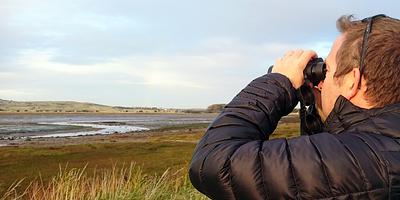
Citizen Science
Citizen Science, or citizens taking part in science, has become a popular concept in environmental monitoring. This is because it provides...
- Benefits to science: Involving the public in research overcomes barriers such as limited funding, geographical range, and number of scientists available for field work. More people means more data!
- Benefits to citizens: Taking part in environmental surveys provides opportunities to get outdoors, learn new things, develop new skills and meet new people. All important for our physical and mental health and wellbeing.
- Benefits to the environment: The more data that gets collected, the more we find out about the environment and what we need to do to protect it. Additionally, first-hand experiences in the outdoors allows people to connect with nature and increases stewardship in the local community.
We’ve created a list containing some of the most widespread marine citizen science projects you can get involved in across the country. Click here to download our handy guide.
With over 18,000 km of coastline and a variety of coastal habitats, Scotland has a lot to gain from marine citizen science projects.
Typically, outdoor environmental citizen science projects investigate the change of species distributions over distance and time – useful when looking at population trends and monitoring the impact of threats, such as climate change.
Projects vary in purpose, size, complexity, type of research, and level of commitment. There really is something for everyone!
